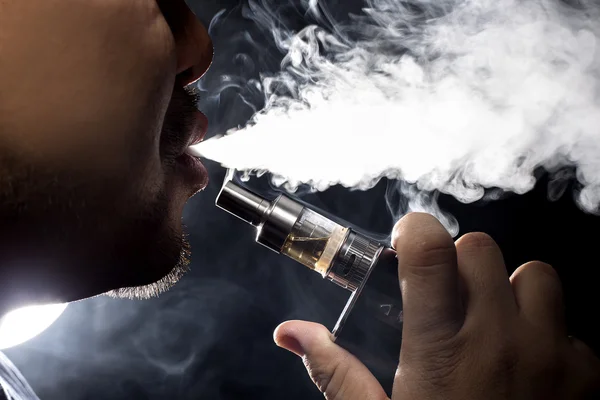Concrete Driveway Sealers: Choosing the Right One

All driveways need to be sealed. Not only will this keep it from cracking it will also help to keep the concrete from getting stained. At some point you will spill oil or gas on your driveway, having it sealed makes it easy to cleanup. There are actually several different types of concrete driveway sealers to choose from so you are going to want to make sure that you know how to choose the right one for your needs.
There are basically two types of concrete driveway sealers, with each of the broad categories being broken down further. You can choose between a penetrating sealer and a topical sealer, the difference between the two should be pretty obvious. A topical concrete sealer will simply cover the top cost of resin driveways while a penetrating sealer will penetrate to a depth of anywhere between a quarter of an inch and four inches depending on how it is used.
The advantage of a penetrating concrete driveway sealer is that it gets down into the pores in the concrete. This means that it gives you the best possible protection, it also won’t wear off as fast a topical sealer. The big advantage of a topical sealer is that it is cheaper, and it does provide very good protection. The downside is that you will have to reseal your driveway more often since it wears off faster. That being said it is pretty easy to apply; you really just have to brush it on like paint.
If you choose to go with a penetrating sealer you will also have to choose between a silane, a siliconate and a silicate sealer. A silane concrete sealer is very durable and should last for five to eight years. The disadvantage is that it is the most expensive, in large part because you have to use a lot of it. A silane sealer also tends to turn the concrete a darker color. A silicate sealer will bind with the concrete permanently which makes for a very good seal. The downside is that it does not work well on smooth surfaces because it has trouble penetrating. It is better for when you need to seal rough concrete so it is not really a great choice for a driveway. You will probably find that a siliconate driveway sealer is the best bet. It will also bind well with the concrete to provide a good seal. It also has the advantage in that it can be used to both cure and seal the driveway. That means that it can be applied the day the driveway is installed.
If you are going to use a topical sealer on your driveway you will again have to choose from one of several options. The cheapest is a silicone sealer, it is generally not a good choice for a driveway. The problem is that it does not resist abrasions all that well, it also doesn’t last very long. An acrylic sealer will last longer, usually about five years. The price is reasonable so it will probably provide you with the best value. One last option that you have is a polyester sealer. This will offer even better protection than the acrylic but it does come with a significantly higher price. In general you will find the extra protection that you get is not worth the price.






+ There are no comments
Add yours